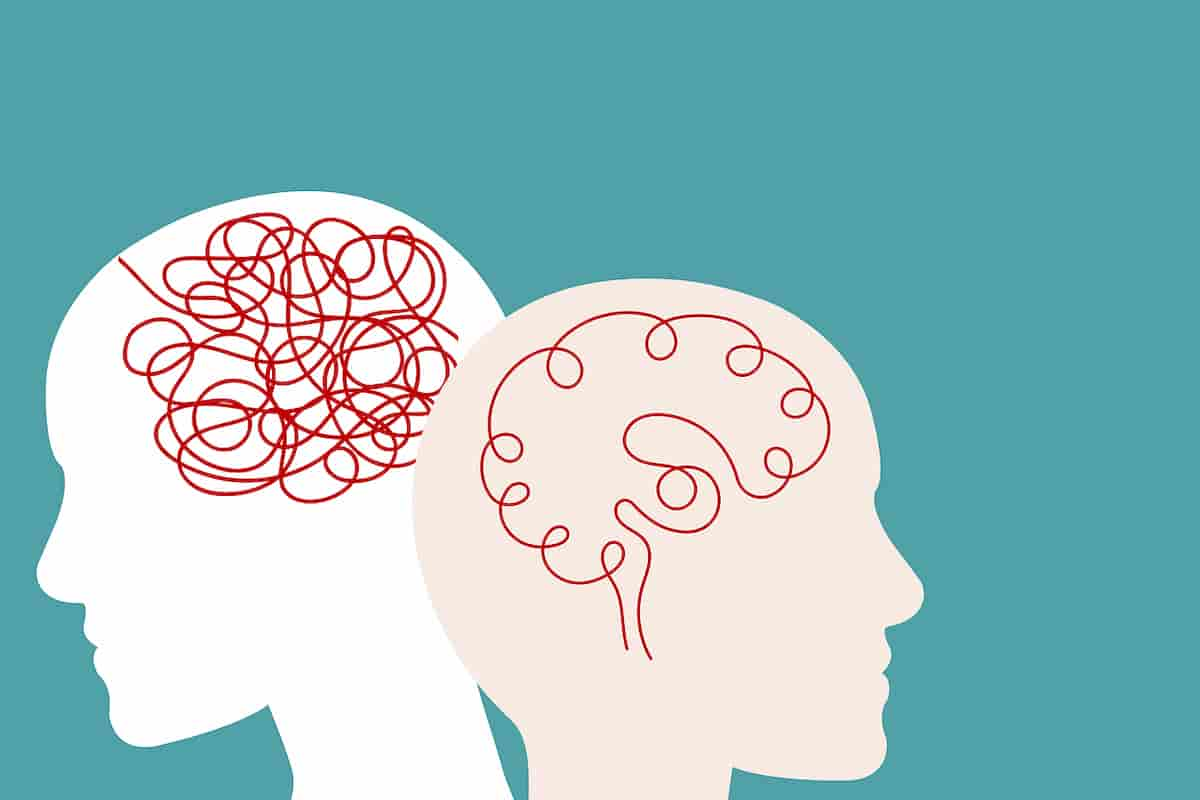The availability heuristic is a mental shortcut that influences how we judge the likelihood of events based on how easily examples come to mind.
What is the availability heuristic?
The availability heuristic is a cognitive bias that leads people to estimate the frequency or probability of an event based on how easily they can recall similar instances.
This mental shortcut helps simplify complex decision-making processes by relying on the most immediate information available.
However, it can also lead to errors when the most memorable examples do not accurately represent reality.
For instance, people may overestimate the danger of air travel compared to driving because plane crashes receive more media attention, making them easier to recall.
This heuristic was first described by psychologists Amos Tversky and Daniel Kahneman in the 1970s as part of their groundbreaking work on cognitive biases and decision-making.
Everyday examples of the availability heuristic
The availability heuristic manifests in various aspects of daily life, often subtly influencing our decisions and beliefs.
Media and public perception
- News outlets frequently cover rare but dramatic events, such as shark attacks or plane crashes.
This coverage can cause people to overestimate the likelihood of these occurrences.
- Fear of terrorist attacks often increases after a widely publicised incident, even if statistical data shows they are rare.
Health and safety concerns
- People tend to perceive diseases that are extensively reported, such as Ebola outbreaks, as more prevalent than they actually are.
- Similarly, recent exposure to information about certain illnesses can skew our understanding of personal health risks.
Workplace decisions
- Employees who recently achieved a high-profile success may be more likely to receive promotions or recognition because their achievements are easier to recall.
- Conversely, consistent performers who lack recent standout moments may be overlooked.
Personal relationships
- In disputes about shared responsibilities, individuals often recall their own contributions more readily than those of others.
This can lead to disagreements over who does more work.
Why does the availability heuristic occur?
The availability heuristic arises because of how our brains process and store information.
Vivid, emotionally charged, or recent events are more likely to be retained in memory and recalled quickly.
This bias is evolutionary in origin, as our ancestors needed to prioritise immediate and recognisable threats for survival.
However, in modern contexts, it can distort our understanding of probabilities and lead to suboptimal decisions.
The impacts of the availability heuristic
The availability heuristic can have far-reaching consequences on individual choices and societal trends.
Errors in judgment
- People often overestimate the risk of unlikely events (e.g., plane crashes) while underestimating common risks (e.g., heart disease).
- Financial decisions, such as investing, can be influenced by recent market trends rather than long-term data.
Influence on public policy
- Politicians and policymakers may respond to public fears driven by the availability heuristic, allocating resources to less pressing issues.
- For example, media coverage of a specific crime wave can lead to calls for harsher penalties, even if crime rates are stable or declining.
Social biases
- Stereotypes can be reinforced by memorable but unrepresentative examples.
For instance, widely reported criminal activities involving certain groups may perpetuate unjust generalisations.
How to counteract the availability heuristic
Although the availability heuristic is deeply ingrained, there are practical strategies to mitigate its effects.
Increase awareness
- Recognise when you are relying on the most readily available information.
Ask yourself whether this information is representative or emotionally charged.
Seek diverse sources of information
- Balance vivid anecdotes with statistical data and objective evidence.
- Consult experts or seek multiple perspectives before making important decisions.
Delay decision-making
- Taking a pause allows you to reflect and gather more information.
It also reduces the impact of recent events on your judgement.
Practice critical thinking
- Question initial assumptions and consider alternative explanations or outcomes.
Leverage tools and technology
- Use decision-making frameworks, such as cost-benefit analyses, to ground your choices in rational criteria.
Availability heuristic in modern technology
The availability heuristic is amplified by algorithms in search engines and social media platforms, which prioritise content that is engaging and memorable.
This can create echo chambers where specific narratives dominate, further skewing perceptions of reality.
For instance, sensationalist headlines or viral videos may reinforce exaggerated fears or misconceptions.
Being mindful of these dynamics can help individuals critically evaluate the information they encounter online.
Cultural variations in the availability heuristic
The impact of the availability heuristic can differ across cultures due to varying media consumption patterns and societal norms.
In cultures with extensive media coverage, vivid and emotionally charged stories are more likely to shape public perceptions.
Conversely, in cultures where community narratives are less reliant on mass media, the heuristic may manifest differently.
Exploring these differences highlights the importance of context in understanding cognitive biases.
Practical applications of awareness
Understanding the availability heuristic has practical benefits for individuals and organisations.
Marketing and consumer behaviour
- Advertisers often use vivid testimonials or striking visuals to make products more memorable and appealing.
- Being aware of this tactic can help consumers make more rational purchasing decisions.
Policy-making
- Governments can design policies that consider the availability heuristic, such as countering sensationalist misinformation with factual campaigns.
Conclusion
The availability heuristic is a powerful cognitive tool that simplifies decision-making but can also distort reality.
By understanding its mechanisms, impacts, and strategies to counteract it, we can make more informed and rational choices.
Recognising this bias empowers individuals and societies to navigate complex information landscapes with greater clarity.

